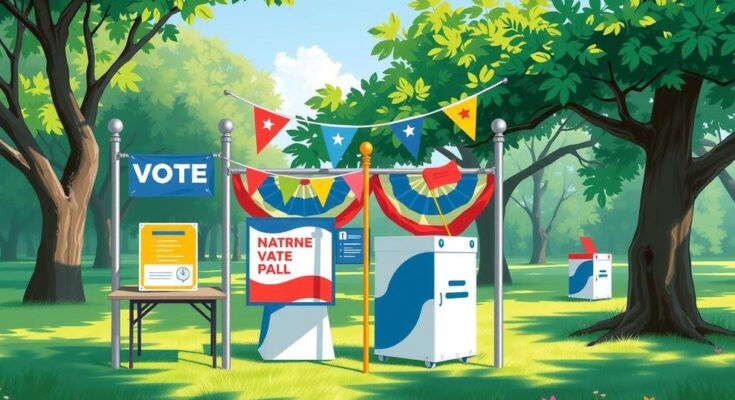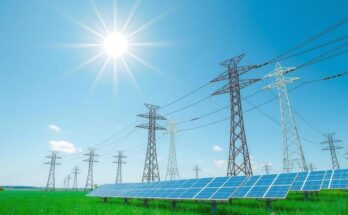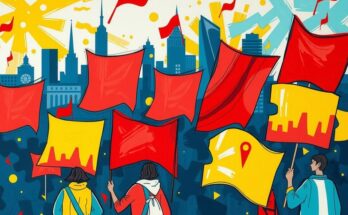Ghana’s general election is set against a backdrop of severe economic challenges, with 18.7 million voters registered. Leading candidates, Mahamudu Bawumia and John Mahama, offer differing visions for addressing economic crises. The election symbolizes an important moment for democracy in a region facing instability. Concerns over inflation and illegal mining underscore the pressing issues that need to be addressed.
Ghana is preparing to conduct its general election with the backdrop of what is recognized as the worst economic crisis in decades. This election, scheduled for Saturday, aims to assess the state of democracy in a region that has recently faced numerous coups and extremist violence. Approximately 18.7 million registered voters will participate in both presidential and legislative elections amidst dissatisfaction with current leadership and economic conditions.
Historically, Ghana was celebrated as a model of democracy in West Africa, but it is now grappling with high inflation rates and job scarcity. A survey indicated that 82% of Ghanaians believe the nation is heading in the wrong direction. Even with twelve candidates contesting the presidency, the election has primarily evolved into a competition between Vice President Mahamudu Bawumia of the New Patriotic Party (NPP) and former President John Dramani Mahama of the National Democratic Congress (NDC).
The political landscape portrays minimal ideological differences between the two main parties, despite the NDC’s social democratic stance and the NPP’s right-leaning claims. Both candidates have recently intensified their campaign efforts, seeking to address the pressing economic issues facing Ghanaians. Bawumia pledged to further stabilize the economy, while Mahama promised a comprehensive “reset” of various sectors crucial to national recovery.
In the capital city of Accra, the election fervor is evident—with vibrant campaign activities such as rallies, posters, and song performances dominating the atmosphere. However, the underlying anxiety regarding the economy remains considerable, as the nation contends with rising fuel and food prices while grappling with a recorded inflation rate of 54% at the end of the previous year.
The issue of illegal gold mining, or galamsey, also features prominently in the election discussions. As Ghana struggles economically, illegal mining has surged, causing environmental damage and exacerbating the unemployment crisis. Although the government has attempted to regulate mining activities, the desperation for work continues to fuel this illegal practice, undermining efforts to maintain economic stability.
The upcoming elections in Ghana present an opportunity for voters to express their desires for change in the face of a significant economic crisis. The competition between the two leading candidates centers not only on their proposed solutions but also reflects a broader concern about the country’s democratic integrity amidst regional instability. Ultimately, the choices made on election day may shape Ghana’s economic future and political landscape in the years to come.
Original Source: apnews.com




